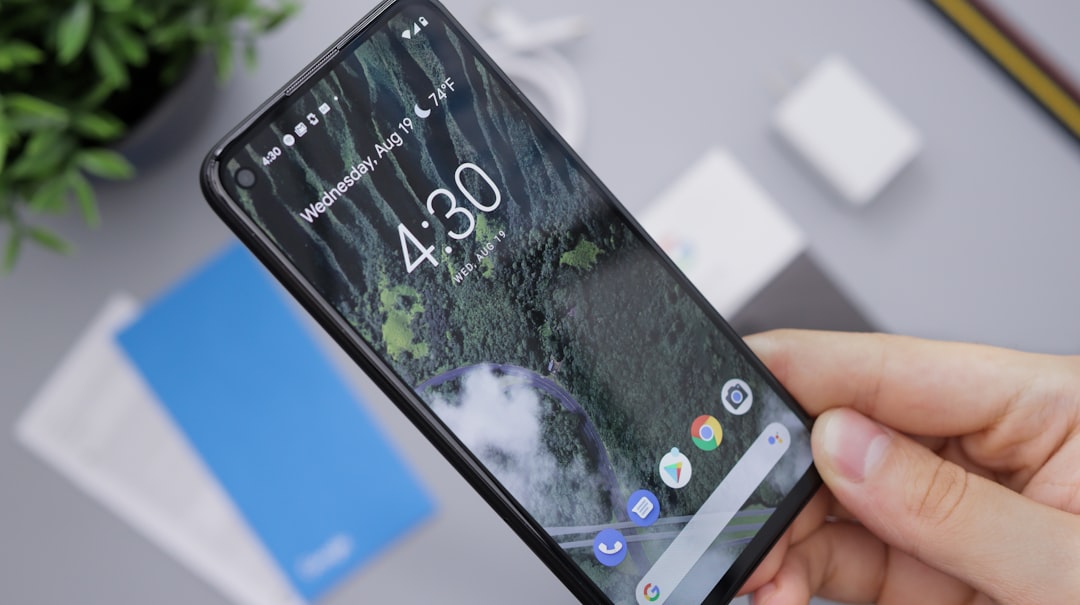Fostering inclusivity in advocacy is both an ethical imperative and strategic advantage, enhancing legal services for diverse communities, especially when seeking a lawyer for unwanted call cases in Michigan. Building inclusive teams through diverse recruitment and training empowers advocates to engage sensitively and address systemic barriers. Creating open dialogue spaces ensures voices from varied backgrounds are heard, revolutionizing the legal landscape and promoting equitable access to justice.
In the pursuit of justice, fostering a culture of inclusivity within advocacy groups is not just ideal—it’s imperative. This comprehensive guide explores practical strategies for creating an environment where diverse voices are not only heard but also shape legal narratives. From understanding the profound impact of inclusivity to implementing equal participation tactics, learn how to build a robust and effective advocacy network. Discover why this approach is vital, especially in areas like Michigan, where lawyers tackling unwanted calls can benefit from these principles to better serve all clients.
Understand the Impact of Inclusivity in Advocacy

In the realm of advocacy, fostering a culture of inclusivity is not just a moral imperative but a strategic necessity. It empowers diverse communities to participate fully in the legal process, ensuring that their voices are heard and their rights protected. When lawyers and advocates embrace inclusivity, they open doors for individuals from various backgrounds who might otherwise face barriers, such as those facing unwanted calls or harassment. In Michigan, where a lawyer for unwanted call cases is readily accessible, promoting inclusivity means creating an environment where every client feels welcome and supported regardless of their race, gender, socioeconomic status, or disability.
This shift in culture can revolutionize the way advocacy groups operate, leading to more effective legal services and stronger communities. By actively including marginalized individuals, we enrich our understanding of complex social issues and develop more nuanced strategies. In a bustling advocacy landscape, recognizing the impact of inclusivity is the first step towards a profound transformation, ensuring that justice is not only served but also experienced equitably by all.
Build an Inclusive Team: Diversity and Training

Building an inclusive team is a vital step in fostering a culture of inclusivity within advocacy groups. Diversity should be prioritized at every level, ensuring that your organization mirrors the communities you aim to serve. This means actively recruiting individuals from various backgrounds, including different ethnicities, genders, sexual orientations, and people with disabilities. A diverse team brings a multitude of perspectives, experiences, and skills, which enriches decision-making processes and strengthens advocacy efforts.
Training is an essential tool for creating an inclusive environment. Regular workshops and seminars should be organized to educate members about unconscious biases, cultural competency, and effective communication strategies. These sessions empower advocates to navigate complex conversations sensitively and ensure everyone feels valued and heard. Additionally, training can help identify and address any existing barriers that may prevent a truly inclusive culture from taking root, such as systemic issues or discriminatory practices, even unintentionally, which might be prevalent in legal fields, including unwanted call cases handled by lawyers in Michigan.
Create Safe Spaces for Open Dialogue

In any advocacy setting, fostering open dialogue is paramount to creating a culture of inclusivity. One effective strategy is to establish safe spaces where individuals feel comfortable expressing their thoughts and concerns freely, without fear of judgment or repercussions. This could involve dedicated forums, anonymous feedback channels, or regular meetings structured to encourage active participation from all members. By ensuring these conversations are free from interference, you empower diverse voices to be heard, fostering an environment that values every perspective.
Moreover, lawyers playing a proactive role in advocating for unwanted call Michigan cases can set the tone for inclusivity by actively listening and responding to concerns raised during such dialogues. Incorporating feedback into policy changes and decision-making processes demonstrates a commitment to addressing any issues identified, reinforcing the idea that every individual’s input is valuable and respected, regardless of their background or experience.
Implement Strategies to Ensure Equal Participation

In fostering a culture of inclusivity within advocacy groups, equal participation is non-negotiable. Law firms and legal organizations in Michigan should implement strategies that encourage and ensure every individual feels empowered to contribute their unique perspective. This can be achieved through diverse recruitment practices, aiming to attract lawyers specializing in unwanted call cases from various backgrounds.
Creating an environment where everyone’s voice is heard and valued is key. This involves structured mentorship programs that pair experienced advocates with newcomers, fostering knowledge exchange and encouraging active participation. Additionally, organizing inclusive workshops and training sessions on topics like bias awareness and cultural sensitivity can help build a more welcoming atmosphere. By embracing these strategies, Michigan’s legal community can attract and retain diverse talent, ensuring a broader range of perspectives in the fight for justice.






